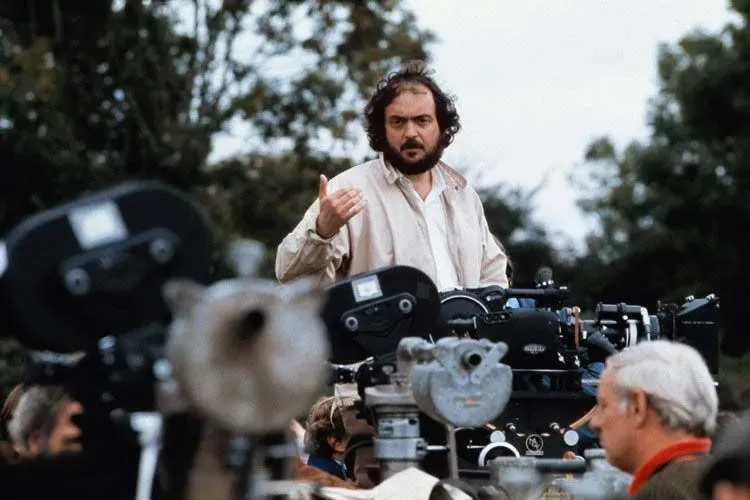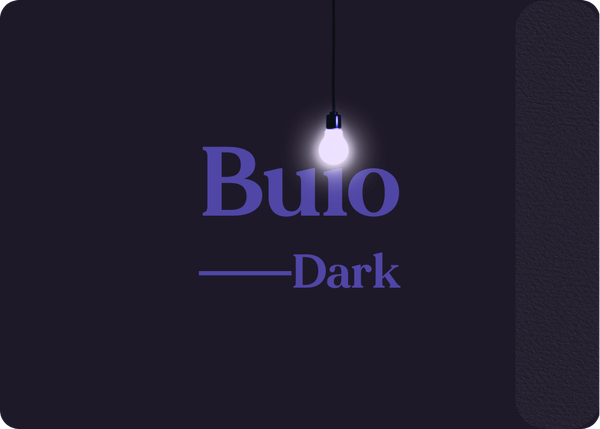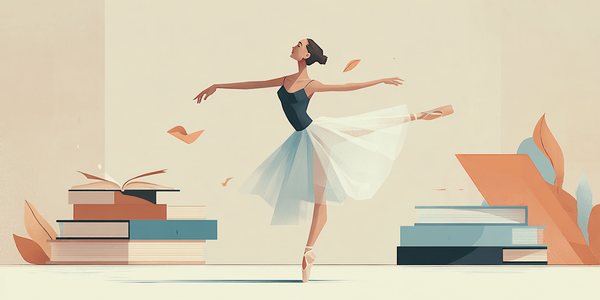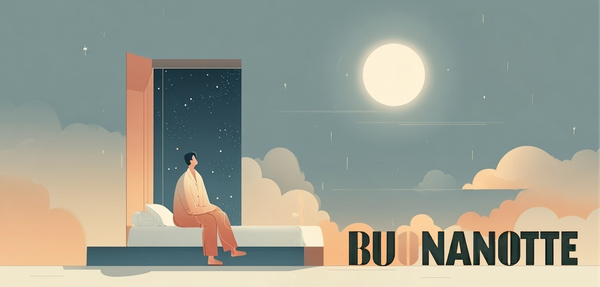Buio
NOUN/ADJECTIVE
Meaning and English translation 🔖
1. Dark, without light
🇬🇧 Lacking light, obscure.
🇮🇹 Privo di luce, oscuro.
2. Darkness, absence of light
🇬🇧 Lack of light, darkness.
🇮🇹 Mancanza di luce, oscurità.
Example sentences 💬
La stanza era così buia che non riuscivo a vedere nulla.
The room was so dark that I couldn't see anything.
Il suo viso era buio dopo aver ricevuto la brutta notizia.
Her face was gloomy after receiving the bad news.
Ho paura del buio, preferisco dormire con una piccola luce accesa.
I'm afraid of the dark, I prefer to sleep with a small light on.
C'è ancora molto buio intorno a questo caso, la polizia sta indagando.
There's still a lot of mystery surrounding this case, the police are investigating.
This article is brought to you by Giulia School, where you can learn Italian the natural way—with real conversations and passionate teachers guiding you every step of the journey. It’s the closest thing to immersion you can get without living in Italy. Click here to learn more.
Idioms with buio 🇮🇹
Al buio
→ In the dark
Sono entrato nella stanza al buio e ho sbattuto il mignolo contro il tavolo.
I entered the room in the dark and stubbed my little toe on the table.
Brancolare nel buio
→ To grope in the dark / To fumble around
Senza indizi, gli investigatori brancolavano nel buio.
Without clues, the investigators were groping in the dark.
Buio in volto
→ Gloomy-faced
Era buio in volto dopo aver fallito l'esame.
He was gloomy-faced after failing the exam.
Buio pesto
→ Pitch dark
Nel bosco era buio pesto, non si vedeva a un palmo dal naso.
In the woods it was pitch dark, you couldn't see your hand in front of your face.
Farsi buio
→ To get dark
Si è fatto buio. Andiamo a casa.
It's gotten dark. Let's go home.
Notte buia e tempestosa
→ Dark and stormy night
Era una notte buia e tempestosa, perfetta per raccontare storie di paura.
It was a dark and stormy night, perfect for telling scary stories.
Salto nel buio
→ Leap in the dark / Leap of faith
Lasciare il lavoro per avviare un'attività propria è stato un salto nel buio.
Leaving my job to start my own business was a leap in the dark.
Tempi bui
→ Dark times
La guerra ha portato tempi bui per il paese.
The war brought dark times for the country.
Where does the word buio come from? 🔎
Buio comes from the Latin burius, which meant "dark red".
Did you know that... 🤓
Impress your italian friends with curious facts about Italy and its culture
The film La Notte and the darkness of love
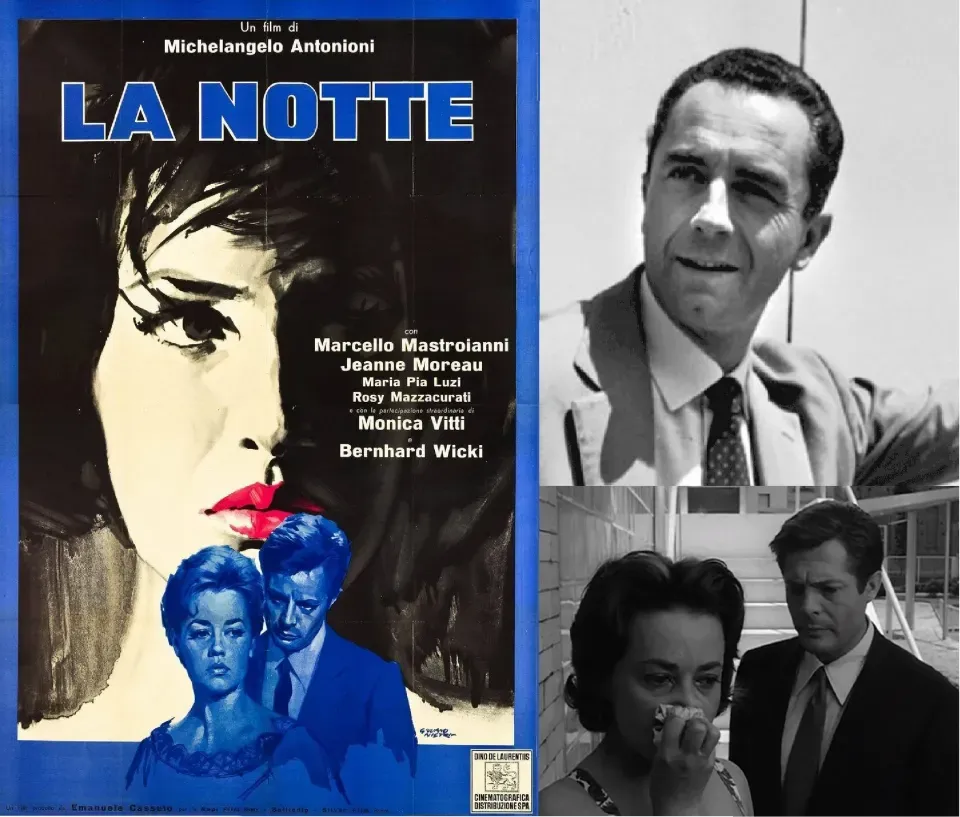
Michelangelo Antonioni's film "La Notte" (The Night), released in 1961, is an important Italian cinema work that explores the darkness within us and the difficulty of communication in modern society. The film chronicles a day in the life of a couple, Giovanni and Lidia, who are no longer happy together and feel lost.
The film is set in Milan during the economic boom (between the '50s and '60s), a rapidly changing city, much like the protagonists' lives. Antonioni uses long silences, still images, and black-and-white to create a sad and empty atmosphere.
"La Notte" is considered a masterpiece because it successfully portrays the complexity of human relationships and how lonely one can feel today. The film won important awards and has influenced many other directors.
Here are four interesting facts:
- At the end of the Monty Python comedy film "Life of Brian", there's a funny caption: "If you enjoyed this film, why not go see La Notte?". It's an ironic way to point out the difference between the two films.

- The famous poet and Nobel Prize winner Salvatore Quasimodo (on the right) appears in a cameo in the film, playing himself during a party.
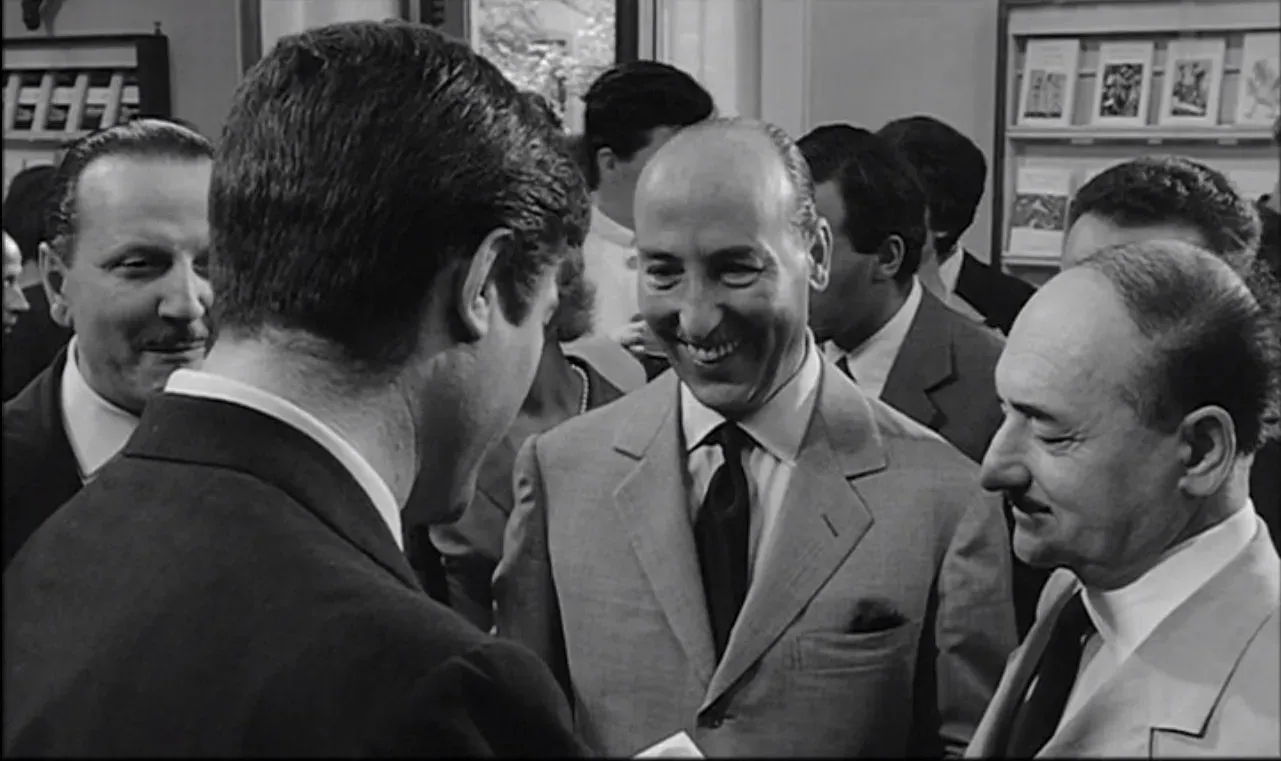
- The author of "The Name of the Rose," Umberto Eco, also appears in the film.
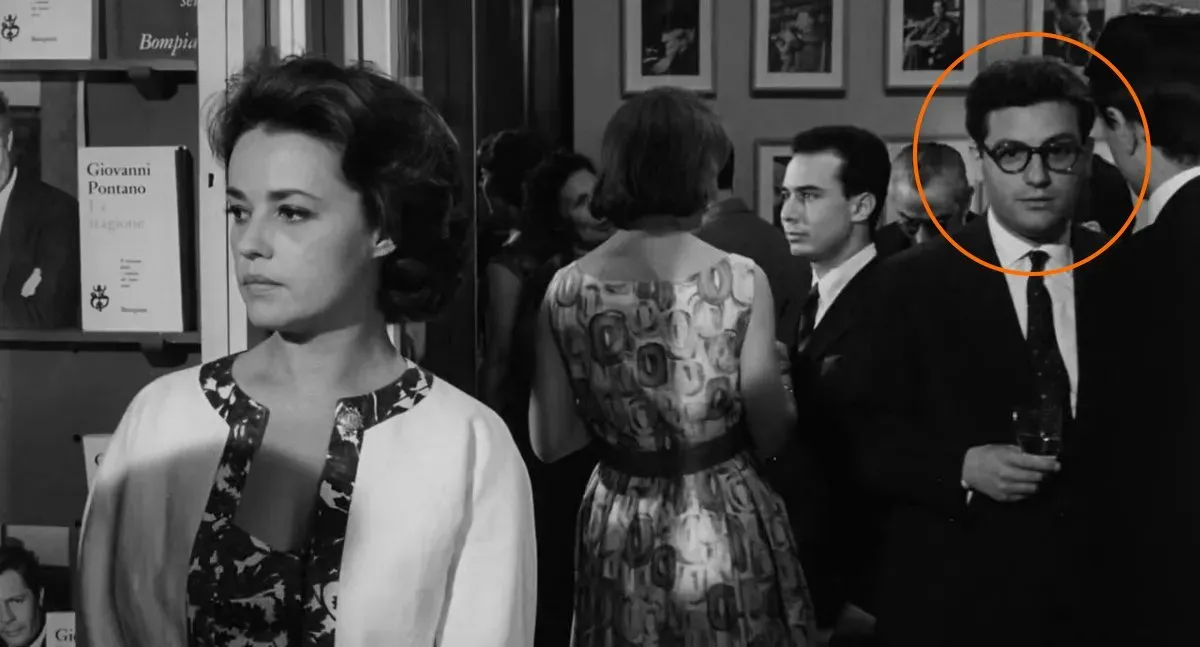
- Director Stanley Kubrick loved "La Notte" and considered it one of his favorite films.
